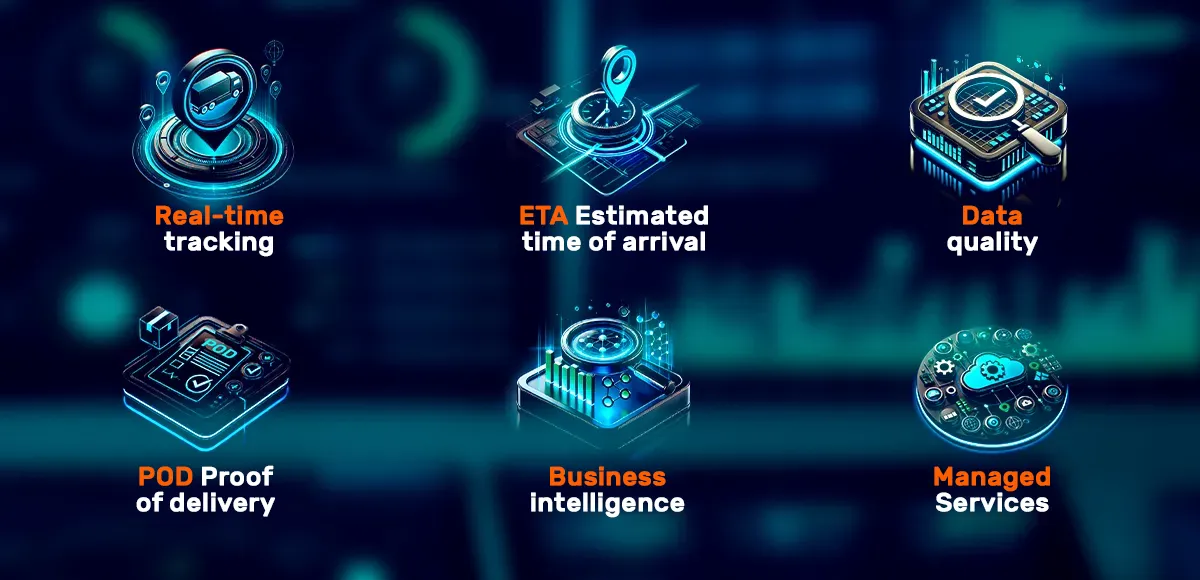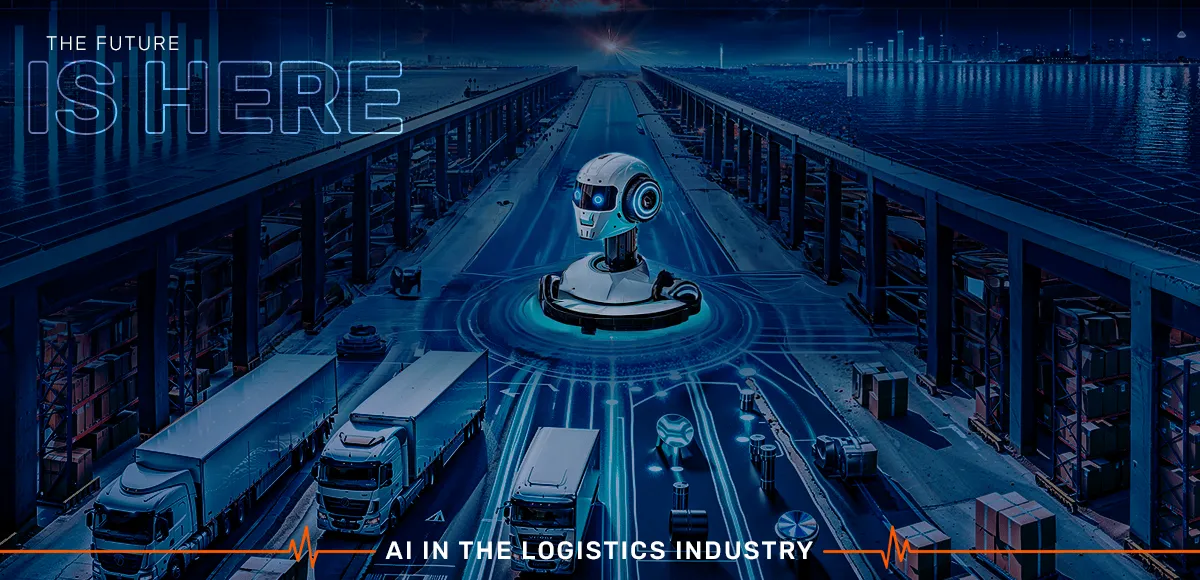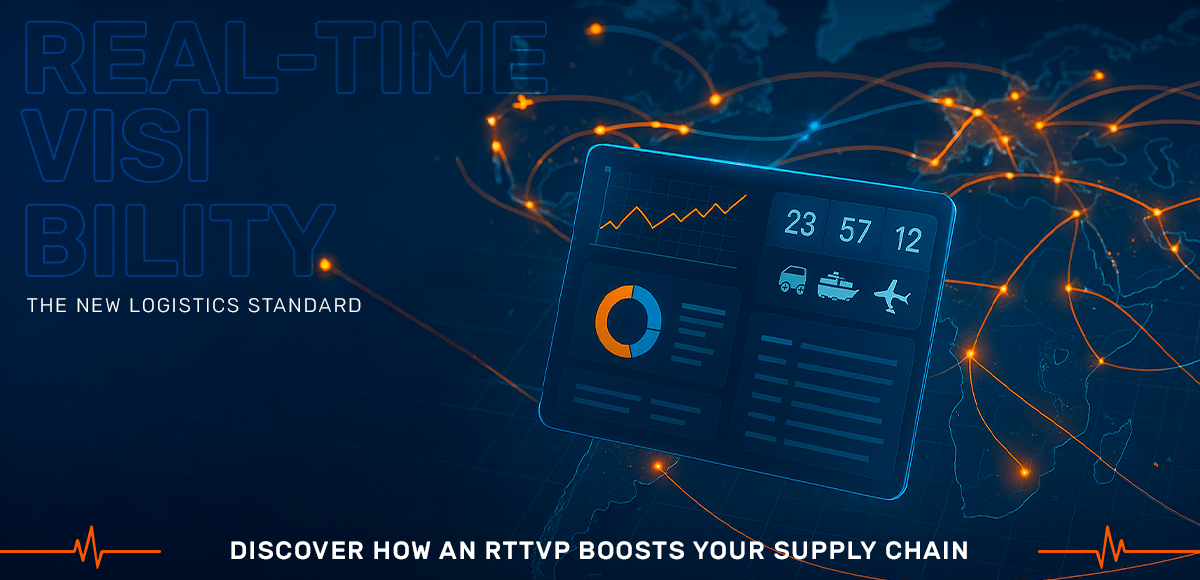You’ve probably heard about Artificial Intelligence (AI) as it’s a concept we see and hear everywhere today. Here are a couple of highlights to consider if you’re looking to transform your logistics operations into something simpler, safer, more automated, and predictive. These changes can help you save time and money, and increase customer satisfaction.
Applications of Artificial Intelligence in the Logistics Industry
AI has revolutionized how companies manage their logistics operations. Some of the most notable applications include:
- Route Optimization: Advanced algorithms analyze multiple variables like real-time traffic, weather conditions, and resource availability to determine the most efficient, fastest, and safest routes. This not only reduces delivery time but also lowers operational costs and carbon emissions.
- Logistics Security Prevention and Management: By analyzing theft patterns and identifying high-risk locations, AI can anticipate and mitigate potential threats. It can detect dangerous routes, unsafe times, and risky areas. In Mexico, over the past 12 months, 49% of robberies nationwide have targeted heavy vehicles. The highest-risk time is between 7:00 a.m. and 12:00 p.m..
- Real-Time Tracking: Real-time multimodal logistics visibility platforms provide information as the operation happens, tracking units and identifying shipments at risk of late arrival. ETA (Estimated Time of Arrival) is a clear example of AI’s ability to calculate an estimated arrival time for units using data from the streets and roads where cargo units travel.
- Operational Automation and Predictability: AI automates data collection for later analysis (historical and real-time data) which helps anticipate situations and generate business intelligence. Operational automation uses AI tools to ensure data quality—that is, to have reliable, accurate, and timely data for data-driven decision-making.
- Real-Time Proof of Delivery (POD): Thanks to machine learning and predictive models, it’s now possible to have correct, digitized proof of delivery that’s ready for payment at the moment of unloading. An example is using Optical Character Recognition (OCR) to feed models and automatically determine if the proof of delivery is correct compared to the actual delivery, saving time, errors, and costs.

Three Key Challenges in Implementing AI in Logistics
Implementing AI isn’t without its challenges. Some of the difficulties you might face during implementation are:
Integrating new technologies
Many companies operate with legacy infrastructure and logistics systems that aren’t designed to handle large volumes of data or complex algorithms.
Investment in technology and training
Integrating AI tools often requires a significant investment for automating operations and training teams on the new systems.
Data Security
Protecting sensitive information is crucial. This involves developing robust cybersecurity protocols to prevent potential attacks and ensure data integrity.
While implementing Artificial Intelligence tools in your logistics operation presents challenges, the benefits are greater. AI will help make your life easier, save time by automating manual tasks, eliminate human errors, reduce costs from penalties, lower the number of rejected products, and most importantly, give you time to focus on the core of your business.
Leave your logistics operation in the hands of experts. At Recurso Confiable, we support you with specialized teams that use our real-time logistics visibility platform, Control Track, which is built with Artificial Intelligence tools to:
- Automate up to 90% of your operation and achieve 100% traceability with reliable and accurate data.
- Automate the management of events from unloading to unit release.
- Increase logistics security based on the parameterization of security protocols.
Ready to transform your logistics?
Request a personalized demo of Control Track and discover how we can help you tackle your logistical challenges.



